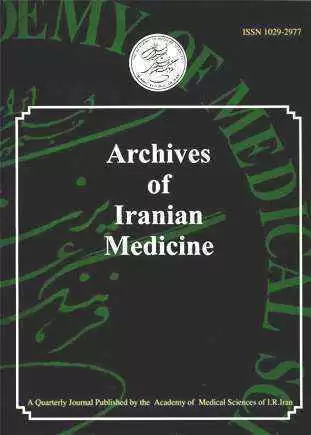Dig Liver Dis. 2002 Dec;34(12):846-50.
Celiac.com Sponsor (A12):
Celiac.com 07/12/2004 – In a study designed to determine the causes of continued gastrointestinal problems in celiacs who are on a gluten-free diet, Italian researchers looked at 15 celiac patients who continued to experience symptoms even after 6-8 months on a gluten-free diet. Histology improved in all patients after this time so refractory celiac disease was excluded as the cause. The scientists performed AGA and EMA tests, stool examination, EGD with histological examination of small bowel mucosa, and sorbitol-, lactose-, and lactulose H2-breath tests to determine a possible cause of the patients persistent symptoms.
The researchers found that one patient who had Marsh II lesions was fully compliant with his diet but had mistakenly taken an antibiotic that contained gluten. Two of the patients had lactose malabsorption, one had Giardia lamblia, and one had Ascaris lumbricoides infestation. Ten patients were found to have small intestinal bacterial overgrowth (SIBO) by lactulose H2-BT. The doctors prescribed a diet without milk or fresh milk-derived foods to the patients with lactose malabsorption; and treated the patients with parasite infestation with mebendazole 500 mg/day for three days for two consecutive weeks. The SIBO patients were treated with rifaximin 800 mg/day for one week. All of the patients were re-evaluated one month after treatment, and all were symptom-free.
The researchers conclude that SIBO affects most celiacs who have persistent gastrointestinal symptoms after going gluten-free.







Recommended Comments